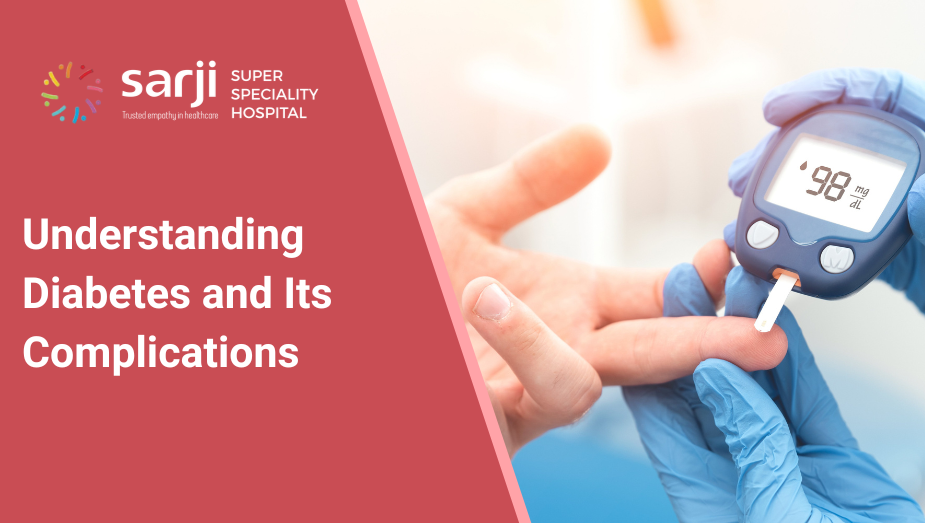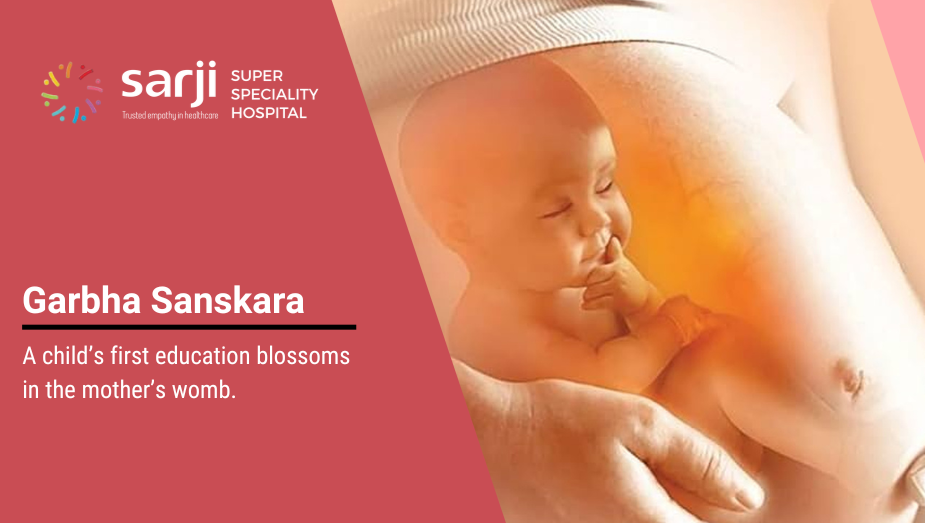Emergency Medicine is a key department at Sarji Hospital, dedicated to providing immediate care for patients experiencing acute medical conditions. This medical specialty focuses on diagnosing, stabilising, and treating urgent conditions that require rapid medical intervention. These conditions could include trauma, heart attacks, strokes, respiratory emergencies, severe allergic reactions, and other life-threatening illnesses.
The Emergency Department (ED) at Sarji Hospital is well-equipped to handle various critical situations, including:
- Cardiac Emergencies: Such as heart attacks and cardiac arrest.
- Traumatic Injuries: Including road accidents, fractures, and head injuries.
- Neurological Emergencies: Like strokes, seizures, and severe head injuries.
- Respiratory Emergencies: Such as asthma attacks and respiratory failure.
- Toxicological Emergencies: Like poisoning or drug overdoses.
Sarji Hospital's Emergency Physicians are highly trained to provide rapid, lifesaving care. They work efficiently under high-pressure conditions, making quick decisions to stabilise patients and initiate appropriate treatment. The team uses advanced technologies like Point of Care Ultrasound (POCUS) and Point of Care Testing (POCT) to assess and manage patients effectively.
Key Areas in the Emergency Department
The Emergency Unit at Sarji Hospital comprises various essential subcomponents to ensure patients receive comprehensive care:
- Emergency Reception Area: The first point of contact where patients are registered.
- Triage Area: Where the severity of the patient's condition is assessed to prioritise care.
- Medical Resuscitation and Trauma Resuscitation Areas: Critical spaces for stabilising patients in life-threatening situations.
- Emergency Patient Rooms: Equipped with beds, monitoring systems, and emergency supplies.
- Diagnosis Area: Equipped with imaging tools like CT, MRI, and ultrasound for quick diagnosis.
- Point of Care Testing (POCT) Lab: Where rapid blood and urine tests are conducted.
- Pharmacy: Where medications are dispensed to patients.
- Nursing and Physician Stations: Centralized areas for the care team to manage patient records and plan treatment.
Types of Emergencies Managed at Sarji Hospital
Sarji Hospital's Emergency Department is equipped to handle a variety of emergencies, including:
- Cardiac Arrest: Emergency treatment like CPR and defibrillation to restart the heart.
- Heart Attack: Timely interventions to restore blood flow to the heart.
- Anaphylaxis: Immediate allergic reaction treatment to prevent life-threatening complications.
- Stroke: Rapid diagnosis and treatment to minimise brain damage.
- Polytrauma: Managing multiple injuries from accidents.
- Head Injuries, Burns, Severe Bleeding: Stabilisation and immediate care for trauma patients.
- Pregnancy and Childbirth Complications: Emergency care for pregnancy-related issues or childbirth complications.
- Poisoning: Treatment for drug overdose or toxic substance exposure.
What to Do When Transporting an Emergency Patient
If you are transporting an emergency patient to Sarji Hospital, follow these important steps:
- Assess the Patient's Condition: Quickly evaluate the severity of their illness or injury.
- Call for Assistance: If the situation is too critical, ask for help from others.
- Notify Sarji Hospital: Call ahead to alert the hospital of the incoming emergency so they can prepare.
- Monitor Vital Signs: Keep an eye on the patient’s pulse, blood pressure, and breathing.
- Administer Basic Care: Provide support like stopping bleeding, giving oxygen, or applying pressure in case of a heart attack.
- Use Sirens and Hazard Lights: Alert others to clear the road if needed.
- Stay Calm and Focused: This helps in ensuring the patient’s safety during transport.
Upon Arrival at Sarji Hospital's Emergency Unit
When you arrive at Sarji Hospital's Emergency Unit:
- Initial Assessment: The physician or nurse will immediately assess the patient’s condition and determine the level of care needed.
- Triage and Priority Care: Based on the severity, the patient will either be treated right away or sent for further testing.
- Further Treatment: After stabilising the patient, the medical team will carry out tests and treatment as required. Updates will be provided to the patient’s family.
- Discharge or Admission: If the patient’s condition improves, they will be discharged. If the situation is more serious, they may be admitted for ongoing care.
Conclusion
The Emergency Medicine Department at Sarji Hospital is equipped with the expertise, technologies, and resources to handle a wide range of acute medical conditions. Whether it’s trauma, cardiac issues, strokes, or respiratory emergencies, the dedicated team of emergency physicians, nurses, and medical staff work together to provide life-saving care to patients, ensuring the best possible outcomes.
Doctors
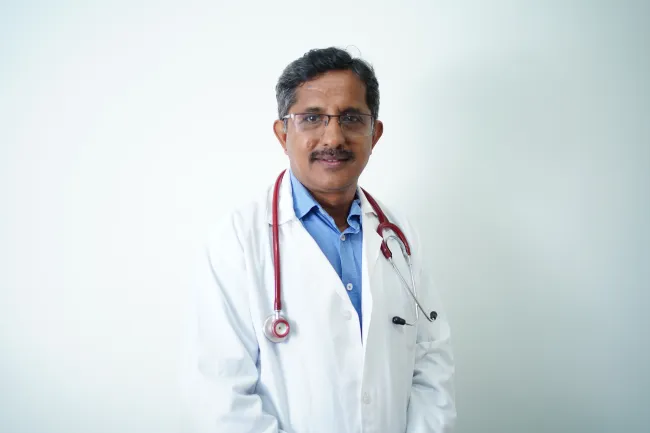
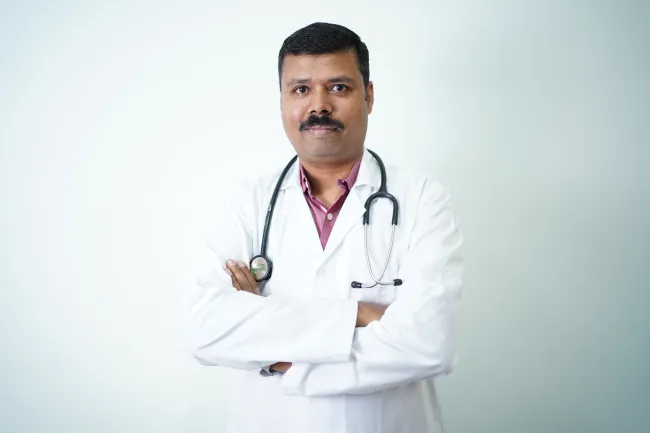
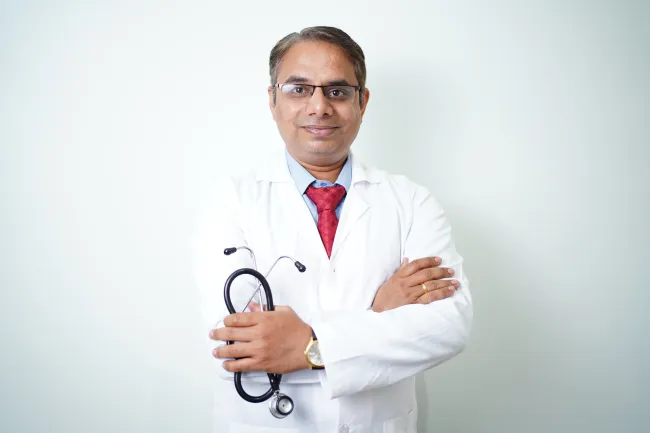
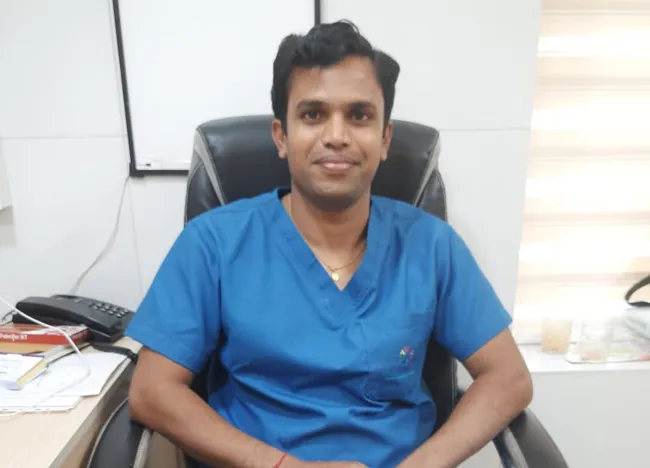

Dr. Chiranth Hosakoppa
Consultant - Dept. of Intensive Care & Emergency Medicine
Experience: 3+ Years
View



